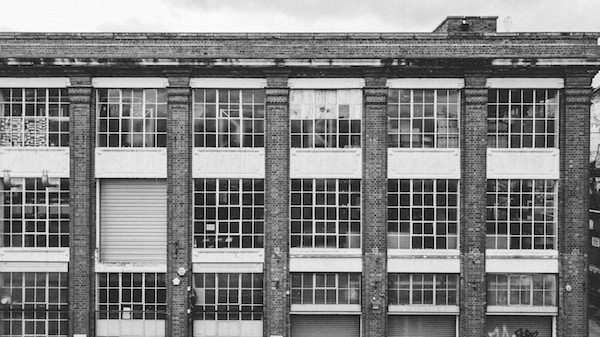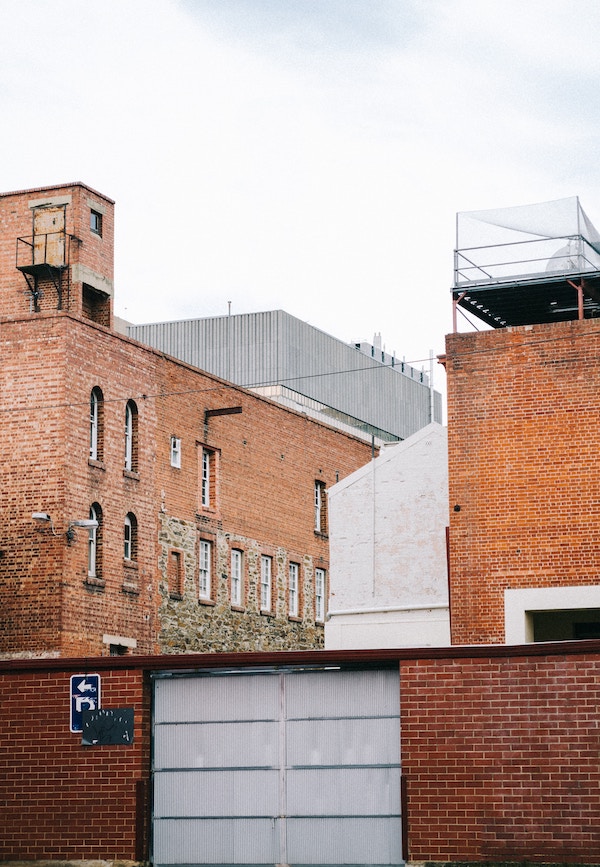The Top 8 points to consider when buying or leasing industrial property
Following on from a recent article recommending that you do your homework and prepare a business plan when taking on new commercial property here we look at some of the short-term and long-term considerations when buying or leasing industrial property.
First up, the short-term considerations, and by short term we mean those factors that will have a meaningful impact on your decisions within 3 to 5 years.
Buying or leasing property for your own purposes i.e. property you will occupy? Then we need to be sure we are able to use the premises for our intended purpose.
The answer to the above question will be determined by others, specifically local government and councils, because they determine what type of business is permitted to operate on the land or in the property you are buying. So, first up, we need to know what businesses can operate in the premises. A town planner can assist you with this, although the information is in the public domain sometimes it’s better to have an expert’s interpretation of what you can and can’t do as the stakes are obviously quite high. Once we know our use is permitted we can establish what conditions might apply to that use. Again, our town planner can guide us here, but for a definitive list of conditions related to our use we may need to actually apply to local government for that ruling. In Australia this process is known as a Development Application. It may be a requirement that your leasing or purchase of the property be made conditional on being granted this approval. Depending on the nature of your proposed use other agencies may need to be involved; the Environmental Protection Agency, the Foreign Investment Review Board (in the case of overseas investors), state governments and so on. Time spent in reconnaissance is seldom, wasted the saying goes. This is very true when it comes to property.
What plans and developments are proposed for the area?
In an evolving urban environment infrastructure is constantly changing. This is not just about roads but rail, power, communications and other utilities will impact on the functioning of your property and its attractiveness to prospective buyers and tenants. Information relating to proposed plans is available on a national and local government level. Again, our friendly town-planning consultant is of great assistance here but we need to dig to find out what is being considered, or has even been approved, both in terms of your prospective neighbours and the wider area.

What am I inheriting with this property?
This is perhaps the single most common oversight is no thorough due diligence on the property in advance of signing the deal. What seems to be very obvious sometimes needs to be pointed out. Proper technical due diligence on a prospective property will consider:
- The presence of hazardous materials, and for the most part we are talking asbestos here. This will require the commissioning of a hazardous materials report. In fairness, this is really the responsibility of the current owner to provide as it relates to work, health and safety but many owners will not have one. We need to be aware of what exists on the site as it may have a bearing on whether we rent or buy at all never mind the cost of removing it.
- What compliance issues exist with the property? Are fire services compliant, does the property cater to current codes in terms of disabled access? If not, then we need to know what would be involved in making this right.
- How will proposed legislative changes impact on the viability of your property. Requirements for compliance are constantly evolving. It is important to note where the risks lie. A competent building consultant should be able to alert you to these risks.
How much do I need to invest to make the property usable or lettable?
The answer to this affects the purchase price, of course, but also what you are willing to pay by way of rent. Ideally the property ticks all the boxes as far as compliance and statutory matters are concerned, see above, but what do we need to do to make the property work. Its almost a given that this will be more than you think because, while we tend to consider the obvious; fitout, decoration, maybe lighting, we easily forget the need for security, communications into the building, signage and air-conditioning alterations or upgrades and so on. In other words, if its not obvious it may well not be considered. A capable project manager can assist with pointing this out.

Industrial hot, retail not!
Dramatic changes are taking place around the way we shop, consume and move. The world of commercial property has undergone seismic shifts over the last few years and no greater an example of this is the rise of online shopping. Where investors would once upon a time have gone into retail stores they are now building distribution centres. Bulky goods centres, warehouses and industrial property generally has benefitted from this. This trend shows no sign of abating and prices reflect this. There is a shortage of good light industrial property. Traditional retail on other hand needs to find a new purpose as small shops are going to struggle. The talent lies in repurposing these going forward and perhaps the future of the retail, and malls, lies in providing dining, entertainment or other experiences rather than a place to shop.
Now for some longer-term considerations. By longer term we mean with a 10-year horizon.
Parking to be a thing of the past?
Driverless vehicles will change the way we live our lives in ways that we probably can’t fully comprehend yet. For example, long commutes to work could become much more tolerable as we can work or sleep on the way. What happens to all that parking in the city, or on your land? In fact, if property comes with parking then we instantly have an opportunity to consider repurposing this in the coming years. A building with its own car park now provides development potential, depending on statutory controls, over the longer term. And for that matter those statutory controls will need to be revisited. It is expected that we will see real changes in the way we live in as little as ten years thanks to the arrival of this form of automation. This will inevitably impact on commercial property.

Automation generally
Increasing automation in commerce means we are likely to find that the needs of people in terms of facilities and location will reduce as there will simply be fewer of us working in warehouses, distribution centres and factories. That probably means that location will be less of consideration when it comes to a building as we are less driven by the demographics of our workforce. The provision of goods and services will be increasingly automated. That’s not to say we will be working less of course. A generation ago the arrival of personal computing was going to herald the arrival of a new age of leisure where we expected to be working fewer hours per week. That didn’t turn out as expected!
What else?
As we consider property we need to consider what changes are afoot and how they might impact on uses and therefore values. We know, for example, we are going to see an ever aging workforce. Having three generations in work will become the norm. We know that medicine is letting us live longer although, crucially, more advances are being made in our physical wellbeing than our mental. Dementia, and its treatment, is to become a major influence on society. The list goes on.
The more knowledge we have about the condition of property and the more informed we become on how our working world is changing, the better the decisions we make. Northburn Partners guides users of commercial property through this landscape.

